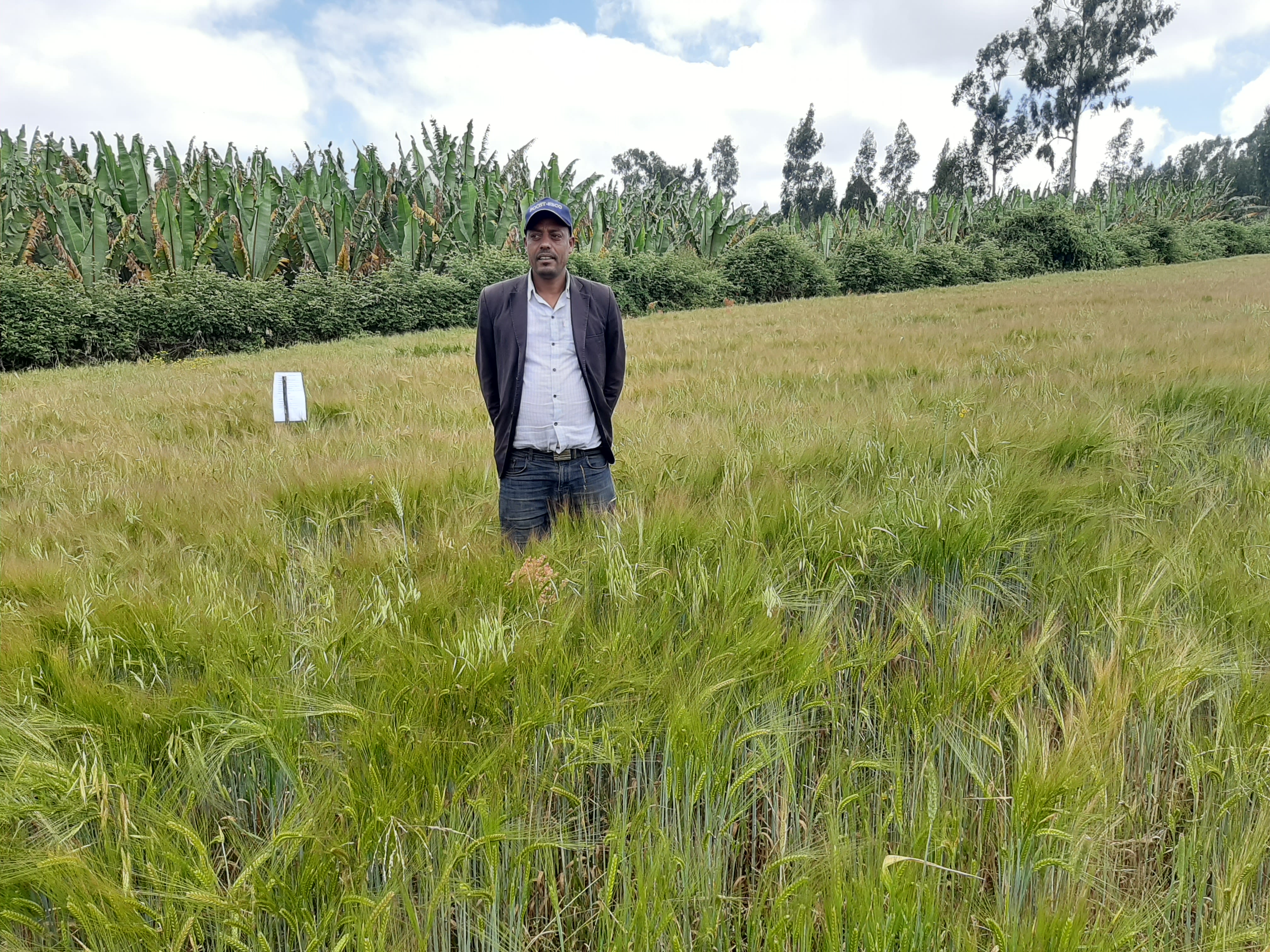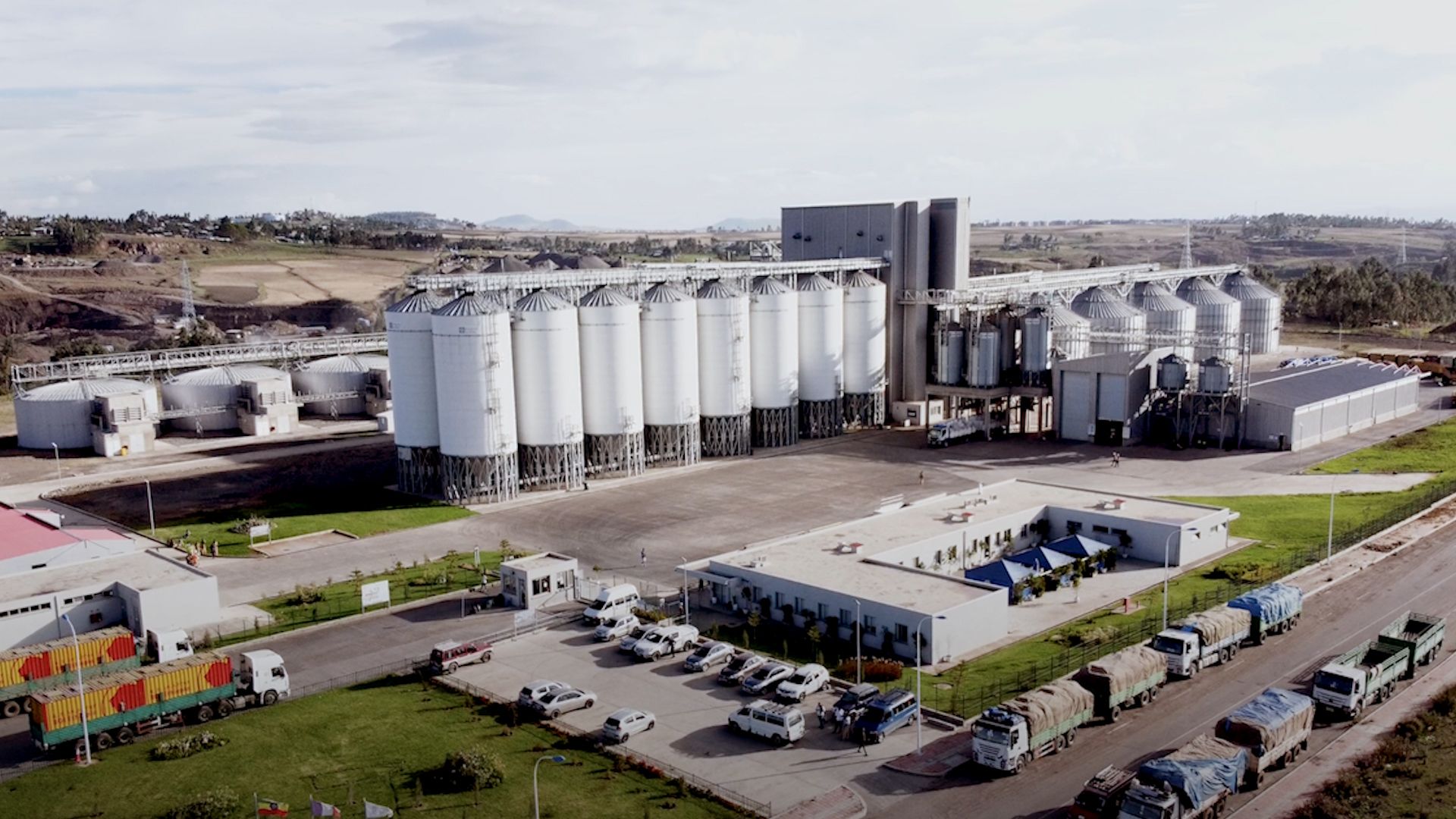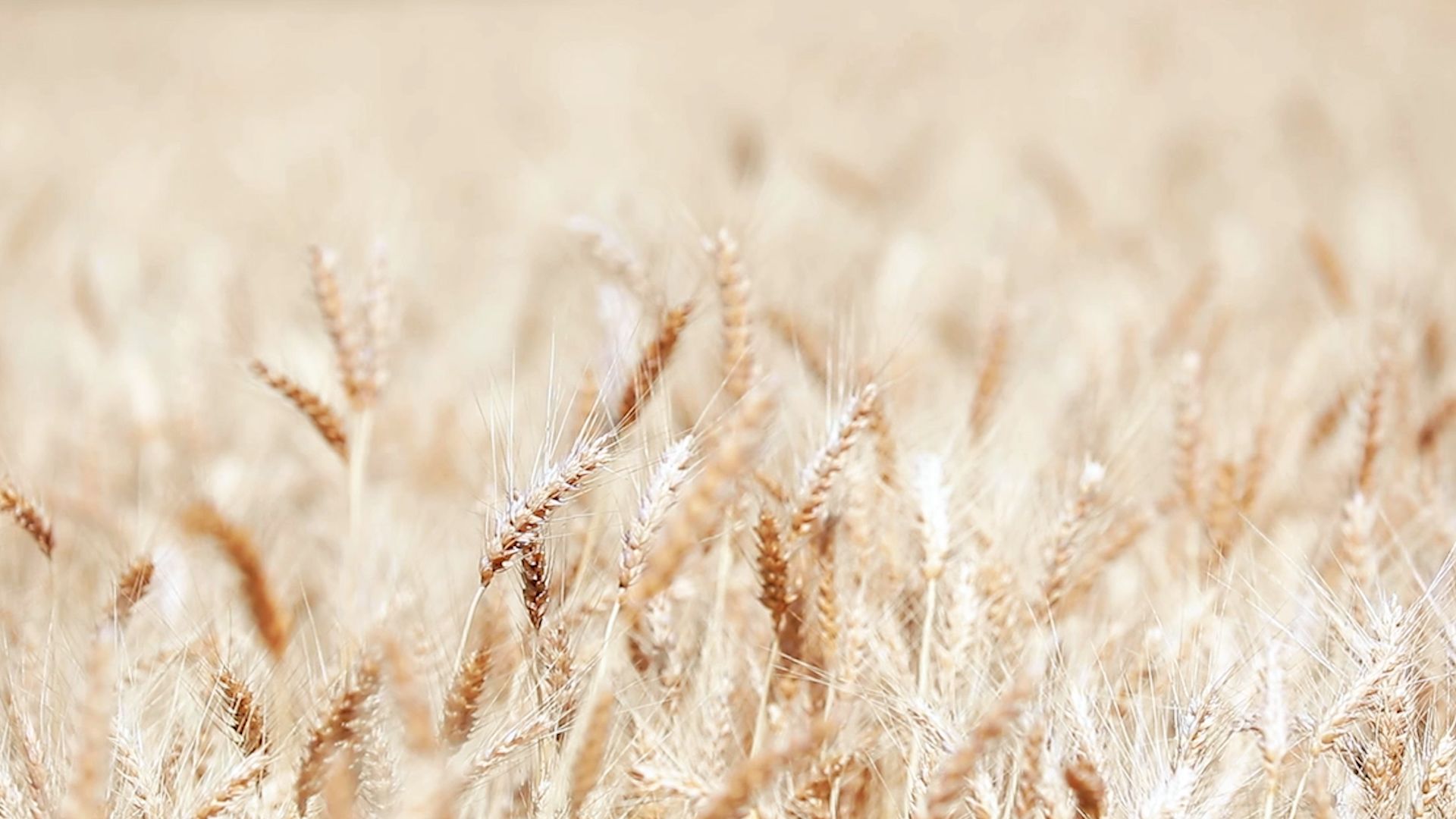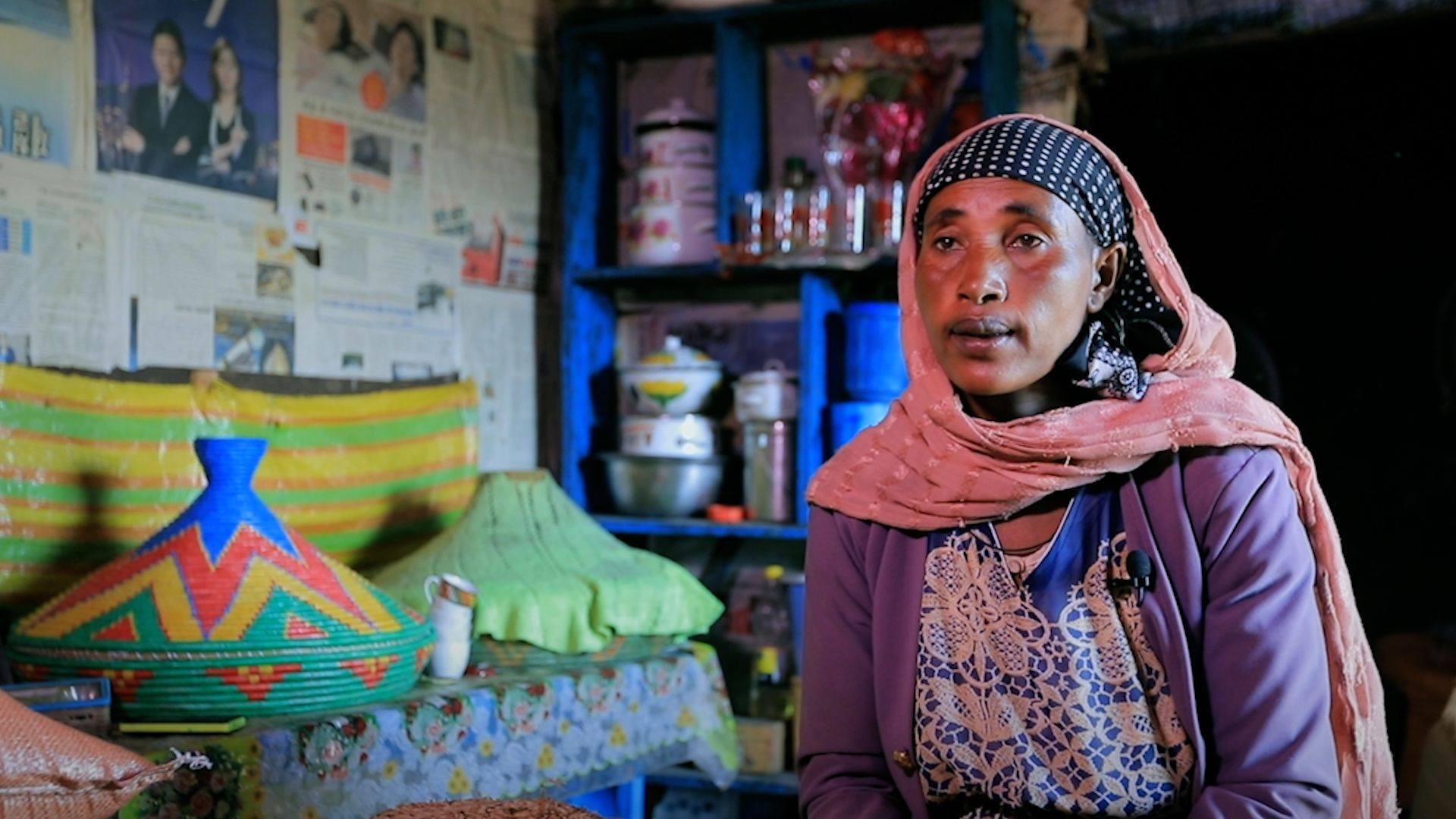Harvesting a Better Future for Ethiopia's Barley Farmers
Investments in manufacturing facilities and the professionalization of local farmers are yielding results.

Three years ago, Soufflet Malt Ethiopia, the subsidiary of French agricultural group InVivo, was purchasing 1,500 metric tons of barley from local farmers in Ethiopia. Today, it is purchasing 80,000 tons. The transformation is the result of a project that connects farmers to better seeds, inputs, and new market sources. The participation of small-scale farmers like Endashaw Mekonnen, who, along with more than 79,000 other farmers in the program are now growing more and better barley, has been key to this growth.
Before the program began, Mekonnen’s harvests from his vast barley fields in western Ethiopia were small and his profits thin. During his time in the Soufflet Malt Ethiopia training program, he discovered the problem: inadequate seeds and soil. With the training and financing he received through the program, Mekonnen switched to high-yield seed varieties and adopted techniques to increase the fertility of his soil.

Endashaw Mekonnen.
Endashaw Mekonnen.
“I’m very happy with the training around modern agricultural practices,” he said.

Investing in manufacturing
Barley, an important ingredient used in beer-making and found in foods like Injera, a popular spongy flatbread, is the fifth most produced cereal in Ethiopia after teff, wheat, corn, and sorghum.
Even though farmers have grown barley in the favorable climate of the Ethiopian highlands for generations, inefficient practices and limited access to important inputs have prevented farmers from reaching their full yield potential. Weak supply chains have also made it difficult for farmers to access markets and earn regular incomes.
At the same time, demand for malt barley in Ethiopia is growing because investors such as Soufflet and Boortmalt, as well as brewers such as Heineken, Castel, and Habesha, manufacture products that require malt barley. In the past, since the industry was unable to secure sufficient quantities of local barley for its needs, it relied on imported barley. Before the project began, about 70 percent of the malt used by Ethiopian brewers was being imported.
But that is changing. Between 2018 and 2021, the amount of barley Ethiopia imports has dropped by 78 percent, supported by significant investment in the local supply chain. The entire malt barley sector in Ethiopia has generated more than 137,000 jobs, according to IFC research looking at the last three to five years.
With funding support from IFC and the Private Sector Window of the Global Agriculture and Food Security Program (GAFSP), Soufflet Malt Ethiopia built a large malting factory in Addis Ababa to increase local barley malting capacity and source 100 percent of its barley needs locally.

Soufflet Malt Ethiopia factory in the Bole Lemi Industrial Park in Addis Ababa, Ethiopia.
Soufflet Malt Ethiopia factory in the Bole Lemi Industrial Park in Addis Ababa, Ethiopia.
As part of the project, Soufflet Malt Ethiopia worked closely with farmers to help grow and transform Ethiopia’s barley sector.
“Building local supply chains is at the heart of our strategy to ensure we have enough barley to feed our factory,” said Jean-Benoit Vivet, Soufflet Malt Ethiopia General Manager.

Strengthening food security
In 2020, Soufflet Malt Ethiopia, with support from IFC and GAFSP, established the three-year BOOST training program, inspired by a similar project IFC ran with Heineken that helped some farmers double their barley output. BOOST—which stands for “barley organization of supply and training”— helped local producers such as Mekonnen improve and increase yields with top-quality seeds, agribusiness training, access to microfinance, and links to reliable markets.
During the last three years, BOOST has enabled Soufflet Malt Ethiopia to source all its malt barley demand from small producers. By connecting small scale farmers to the malt supply chain, the farmers have been able to increase their income by 150 percent. The increased production has also strengthened local food security: of the new production, 27 percent of products are consumed by households.
The program also placed special emphasis on training and empowering an estimated 7,300 women farmers like Tadelech Hunde, a widowed mother of six. After two years of training, Hunde produced and sold about 15 tons of malt barley to Soufflet in 2021 and 2022 combined, up from two tons previously. She attributes this to her access to quality inputs and use of mechanization for farming and harvesting.
“Thanks to the malt barley business, we can provide better-quality food and clothing to our family. My first son is now pursuing his BSc in accounting, his younger brother and sisters are also attending high school and middle school. I am happy that I am sending them to school to fulfil all their needs,” Hunde said from her farm in Limuna Bilbilo district, about 155 miles outside of Addis Ababa.

Hunde's second-eldest son, Dereje Hirko.
Hunde's second-eldest son, Dereje Hirko.
The additional income Hunde has received from improved barley productivity has also allowed her to purchase other assets, including a house and land, milk cows, oxen, sheep, and donkeys. She also plans to start a business to continue to provide for her family.

Farming in Ethiopia’s Limuna Bilbilo district.
Farming in Ethiopia’s Limuna Bilbilo district.
Hunde says her experience shows that with the right inputs and training, other farmers can follow her path from subsistence to commercial farming.
“I want to share my experience so that other women in my village can get trained and get involved in malt barley production,” she said.


Published in August 2023